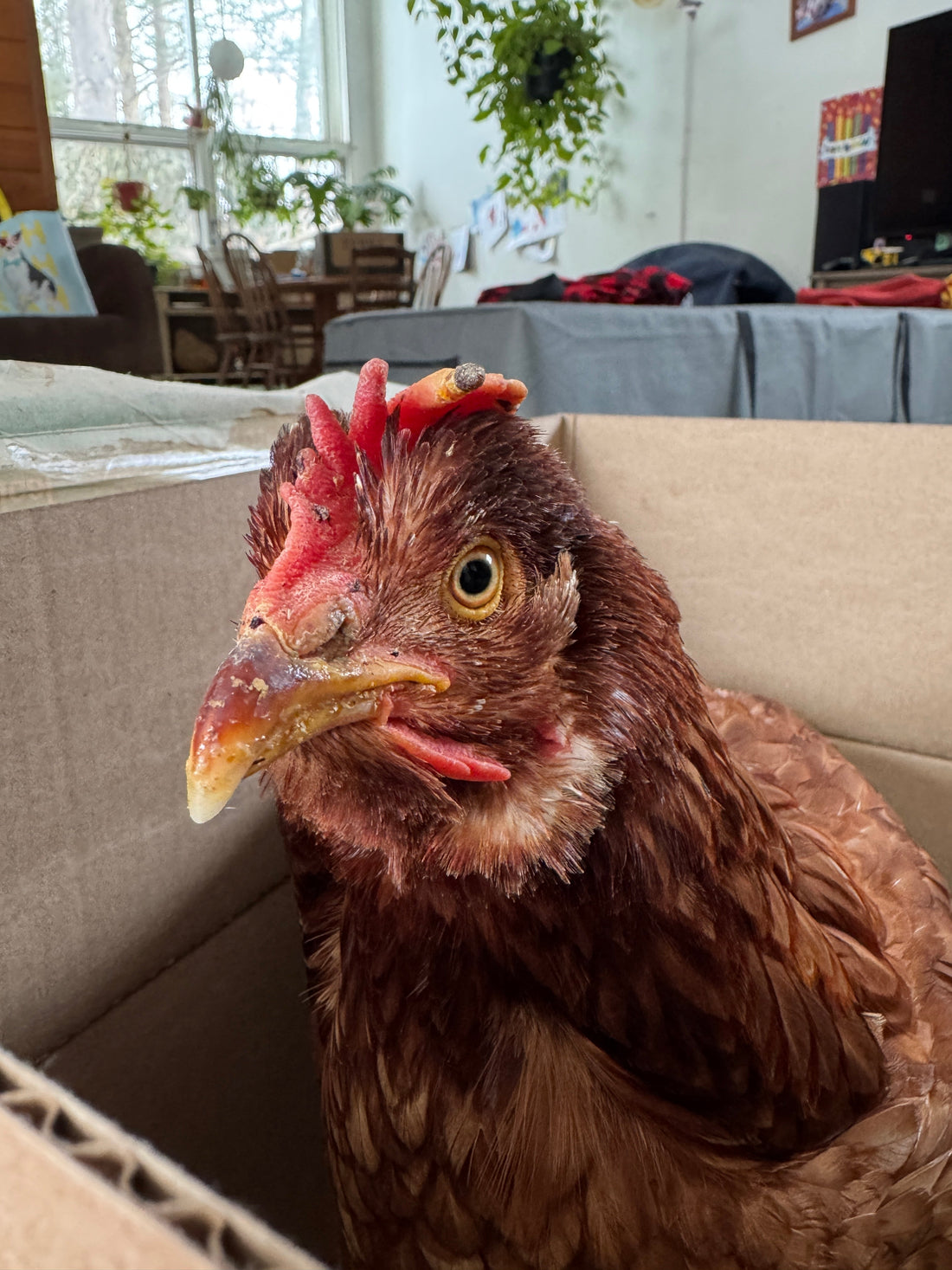
Best Home Remedies for Chickens – Keeping Them Healthy, Treating Illnesses, and Caring for Injuries
RoniLynn ShroutShare
Case Study: Best Home Remedies for Chickens – Keeping Them Healthy, Treating Illnesses, and Caring for Injuries

Introduction
Backyard chickens are hardy creatures, but they can still fall ill or suffer from injuries. While veterinary care is essential in severe cases, many chicken keepers rely on natural home remedies to maintain their flock’s health and treat minor ailments. This case study explores the best home remedies for keeping chickens healthy, addressing common illnesses, and aiding in injury recovery.
Preventative Health Measures
Prevention is the best way to ensure chickens remain healthy. The following home remedies and natural treatments help support a strong immune system:
- Apple Cider Vinegar (ACV): Adding a tablespoon of raw, unfiltered ACV per gallon of water boosts gut health, prevents harmful bacteria, and supports respiratory function.
- Garlic: Crushed garlic in water or mixed into feed has natural antibiotic properties, strengthens immunity, and repels parasites.
- Herbs for Overall Health: Basil, oregano, thyme, and parsley are rich in antioxidants and have antimicrobial benefits. They can be added to feed or nesting boxes.
- Fermented Feed: Soaking chicken feed in water for 24–48 hours promotes beneficial gut bacteria, enhances digestion, and improves nutrient absorption.
- Diatomaceous Earth (DE): Sprinkling food-grade DE in dust baths and coops helps control external parasites like mites and lice.
Common Chicken Illnesses and Home Remedies
When chickens get sick, early treatment can prevent symptoms from worsening. Here are common poultry illnesses and effective home remedies:
Respiratory Infections (Coughing, Sneezing, Wheezing)
- Steam Treatment: Placing a chicken in a warm, humid environment (like a bathroom with a running hot shower) can loosen mucus.
- Oregano Oil: A natural antibiotic, oregano oil added to water (a few drops per gallon) can help combat infections.
- Raw Honey & Cinnamon: A mixture of raw honey and cinnamon in warm water can help soothe a chicken’s throat and act as a mild antibacterial remedy.
Coccidiosis (Diarrhea, Weakness, Weight Loss)
- Probiotics & Yogurt: Probiotic-rich foods like plain yogurt support gut health and help restore beneficial bacteria.
- Garlic & ACV: Helps maintain gut balance and prevent further infections.
- Chamomile Tea: A mild anti-inflammatory, chamomile tea can help soothe an irritated digestive system.
Egg Binding (Hen Unable to Lay an Egg)
- Warm Water Bath: Soaking the hen in warm water for 15–20 minutes relaxes muscles and encourages egg passage.
- Olive Oil: A few drops of olive oil in the vent can lubricate and ease egg release.
- Calcium Boost: Crushed eggshells or calcium supplements strengthen eggshells and reduce the likelihood of egg binding.
Scaly Leg Mites (Crusty, Raised Leg Scales)
- Coconut Oil & Vaseline: Applying coconut oil or Vaseline to affected legs smothers mites and promotes healing.
- Neem Oil: A natural insecticide, neem oil repels mites and soothes irritation.
Treating Chicken Injuries at Home
Injuries can occur from pecking, predator attacks, or accidents. Prompt treatment reduces infection risks and speeds up healing.
- Cleaning Wounds: Flush wounds with saline solution or diluted Betadine to disinfect.
- Raw Honey: Acts as a natural antibiotic and promotes tissue regeneration.
- Epsom Salt Soak: A foot soak in warm water with Epsom salt helps with bumblefoot infections.
- Aloe Vera Gel: Soothes burns and irritated skin.
- Separation for Healing: Keeping an injured chicken in a clean, quiet space helps prevent further pecking from flock mates.
Conclusion
Home remedies can play a crucial role in keeping chickens healthy, preventing diseases, and treating common ailments. By incorporating natural immune-boosting foods, herbal treatments, and proper wound care, backyard chicken keepers can support their flock’s well-being while reducing the need for medications. However, it’s important to monitor symptoms closely and seek veterinary care if conditions worsen.
By using these home remedies wisely, chicken keepers can maintain a happy, healthy flock year-round.




